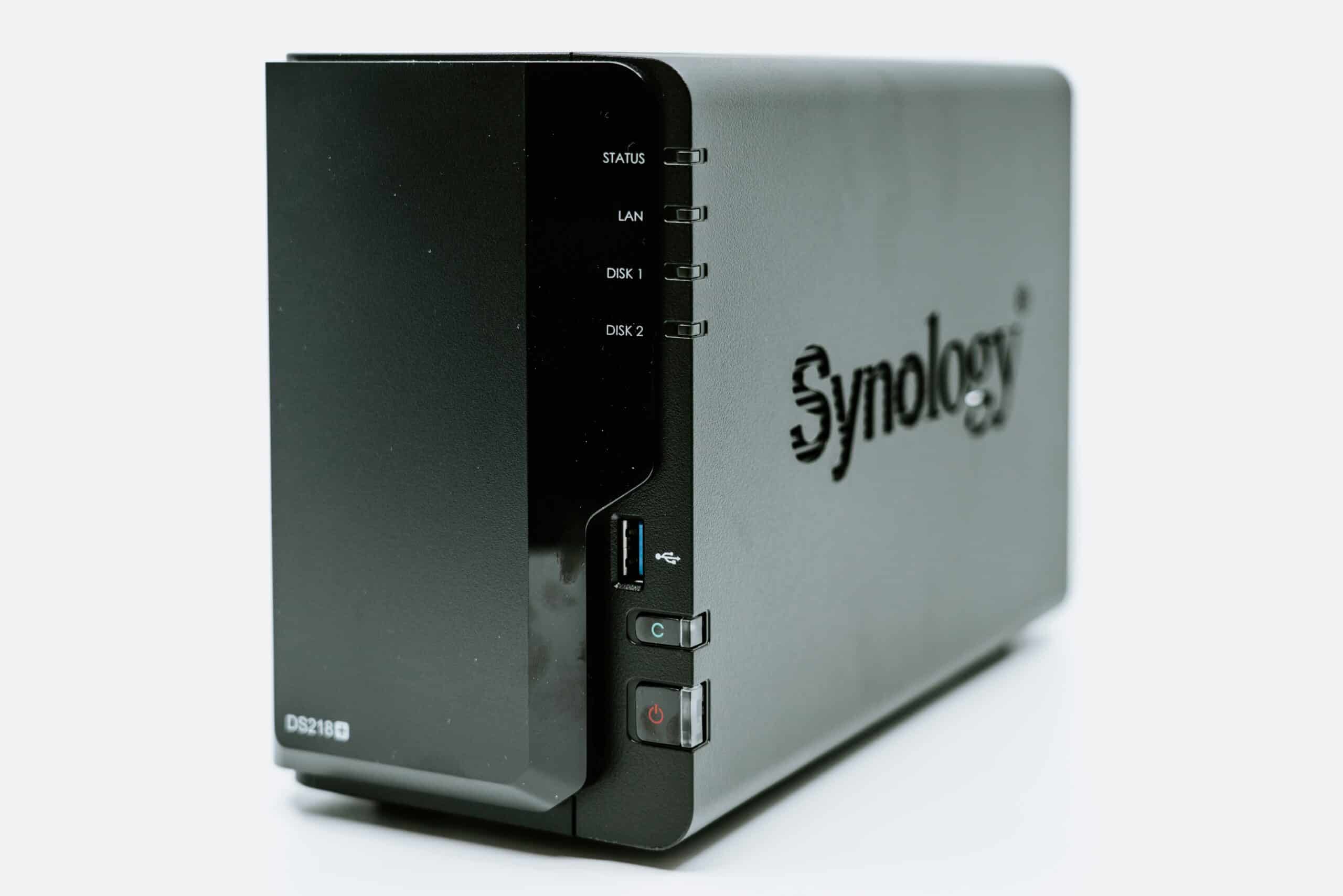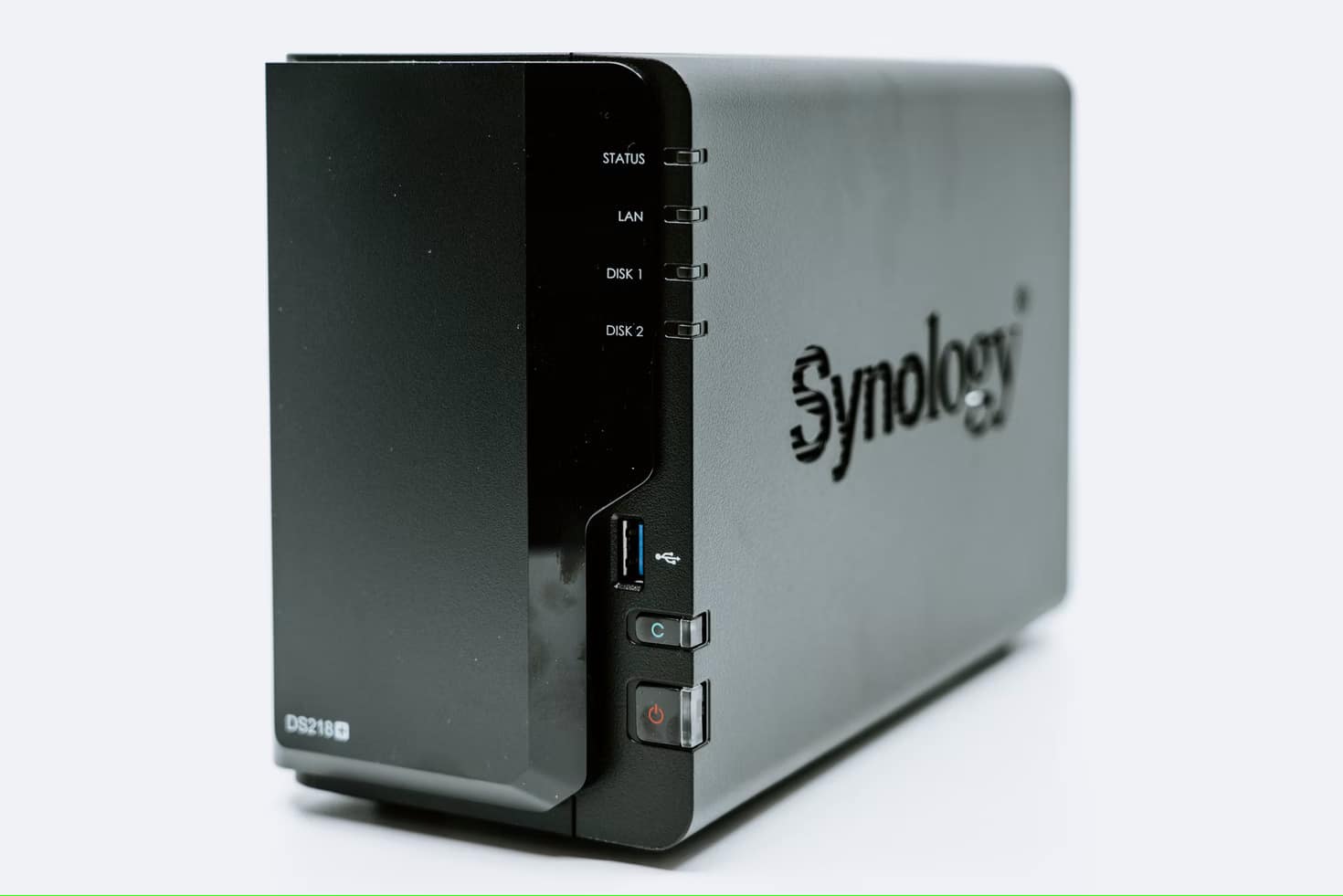In this modern world, data is one of the most precious commodities for both regular people and businesses. And since it’s so important, people are always on the lookout for secure storage solutions that will keep their data safe and easily accessible at all times.
If you’re wondering how to keep your data safe, you probably know that there are multiple kinds of storage you could opt for. However, there’s nothing more secure than the cloud. In fact, the trends show that as much as 100 zettabytes of data will be stored on the cloud by 2025 as more and more people realize the benefits of storing data this way.
What Is Cloud Data Security?
If you truly want to understand why cloud storage is important and how it works, you also need to understand the concept of cloud data security. It’s a type of data security that is designed to secure cloud computing systems and keep all data stored in them safe and private.
This is made possible by various applications, platforms, and a safe and secure online-based infrastructure. These systems are safe thanks to the efforts of reliable cloud storage providers that implement multiple protocols and practices to keep the cloud and storage facilities secure.
Most secure cloud storage solutions are responsible for much more than just data security. They also provide identity and access management, legal compliance, data retention, and governance. But how they do this depends on the different cloud service types.
Cloud service types
The cloud is a bit more complex than some end-users realize, and the type of cloud service you choose will influence the service components you receive.
Regardless of which third-party service cloud you use and the type you opt for, the core of these storage services is the same. Your provider will manage the data storage and servers, as well as the physical network and the computer virtualization frameworks.
The service itself will be stored on the provider’s servers that will use their internally managed network and premises storage to virtualize your data inside their storage unit. Then, they will deliver it to you in a way that allows you to access it remotely.
These are the different cloud service types and innovative storage solutions:
- Software as a Service. SaaS cloud storage service providers give their users access to applications that are hosted solely on their servers. The provider manages the operating system, data, applications, middleware, and runtime. A good example of a SaaS cloud service is Google Drive.
- Platform as a Service. In this type of storage system, the clients are provided with a host that allows them to develop their own applications and run them on the provider’s servers. The provider is responsible for the middleware, runtime, and operating system while the user takes care of the rest. This includes managing their data, applications, end-user devices and networks, as well as user access.
- Infrastructure as a Service. Clients who use this service house the bulk of their computing on the hardware and remote connectivity frameworks they get from the providers. It’s the job of the client to secure all the data that is stacked and they also manage end-user devices and networks as well as user access.
What Are the Main Principles of Data Storage Security?
As much as 54% of companies claim that their IT departments are not sophisticated enough to handle advanced cyberattacks. This is why a lot of organizations put their faith in secure storage solutions and trust they will keep their precious data safe thanks to their various security features.
Regardless of whether you’re storing personal or professional data, you need to protect yourself against ransomware, and picking the most secure cloud storage is a good way to do that. However, a lot of people still have reservations about cloud security, mostly because they don’t know how it works.
In the list below, we explain the main principles that ensure secure data storage and the high-security standards set by data storage organizations:
- Identity and access management. Only authorized personnel have accessibility privileges when it comes to the cloud. This is achieved through various methods including password management and multi-factor authentication.
- Technical data security. Thanks to various tools and technology, data storage providers create barriers between the access and visibility of the stored data. The most powerful technical security feature offered by these providers is data encryption.
- Legal compliance. Government agencies take data protection seriously, which is why there are legislative bodies put in place to ensure data is safe.
- Governance. This security principle focuses on threat detection, prevention, and mitigation. Thanks to governance, essential systems are well protected.
- Data retention and business continuity planning. In case of data loss or disaster, there are various technical disaster recovery measures that are put into place to ensure you always have access to your data.
Key Components of Improving Cloud Data Protection
As you can see, cloud data protection provides end users with secure storage solutions. However, that doesn’t mean you shouldn’t do your part in improving cloud data protection.
If you want to ensure your data is as safe as possible and provide yourself with the ultimate storage experience, here are some key components you need to consider.
Your responsibilities when using the cloud
Just because your data is on the cloud, that doesn’t mean the data itself is only the provider’s responsibility. You have some responsibilities as well, including choosing a strong password, taking care of your operating systems, managing applications, and establishing company policies regarding data.
Possible security gaps between systems
In most organizations, the cloud environment that is being used is often integrated with in-house and third-party systems. The more systems you add, the more possible gaps you create. You need to take measures to ensure these gaps are closed and all of the systems you connect to are as secure as the cloud.
Know your provider’s security process in case of a breach
While security breaches are extremely rare, they can still happen. If you want to ensure you’re working with a trustworthy cloud storage provider, you need to become familiar with the process they plan to implement in the case of a security breach.
Consider file-level encryption
Your cloud vendor will provide you with basic encryption, but you should still implement file-level encryption measures that will serve as the basis of your security. This will add an extra layer of protection to your files even before you upload them to the cloud.
The Bottom Line
Secure storage solutions are what allows modern businesses to exist and operate the way they do now. Without cloud storage, data breaches would become a much more serious threat than they are now. So if you’re serious about data protection, you should already be using the cloud.
When choosing the optimal solution and the best cloud storage provider for yourself or your business, you will find that you have a wide variety of options. The one you ultimately opt for will depend on various factors and have different storage costs and storage space. But whichever one you choose, you can rest assured that your data is safe and secure.



